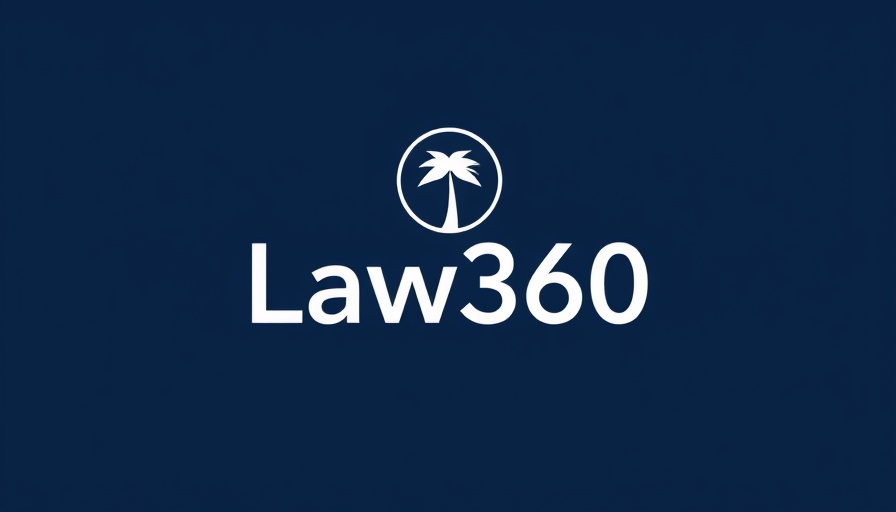
Understanding the PAGA Pandemonium in California
The recent split in California appellate court decisions regarding the Private Attorneys General Act (PAGA) claims is reshaping the landscape for HR compliance officers and legal professionals. The PAGA allows employees to file lawsuits against employers for labor law violations, seeking penalties that can significantly impact companies. However, differing interpretations by courts present new challenges for those managing compliance, hiring practices, and wage laws.
The Impact of Judicial Rulings
The divergence in appellate opinions means that employers may need to navigate a more complex legal environment. Some courts have ruled that aggrieved employees can pursue PAGA claims even if they did not personally suffer from all the alleged violations. This broad interpretation could lead to heightened risks for companies as these lawsuits may encompass a wide range of the workforce. Consequently, HR compliance officers must stay informed about labor laws and how these rulings may influence their remote work policies and pay transparency initiatives.
Preparing for the New Compliance Landscape
As employers adapt to evolving employment regulations, maintaining policies that align with emerging legal precedents is crucial. HR departments should conduct thorough workplace investigations and regularly update their policies to ensure alignment with the latest developments in the law. Proactive steps include training staff on EEOC guidelines and assessing hiring bias to minimize potential liabilities under PAGA and other employment laws.
The Future of Employment Law in California
Looking ahead, the ramifications of these appellate decisions could lead to broader legislative changes. Employment attorneys should be prepared for shifts in how wage laws are interpreted and enforced in California. Understanding these dynamics enables legal counsel to guide businesses through potential risks, ensuring that corporate policy writers craft frameworks that embody effective compliance and foster a culture of trust and accountability.
As California continues to navigate its unique labor law landscape, staying informed and agile will be key for those in HR and legal roles. Ensuring that your organization's policies reflect current regulations, while promoting fairness and transparency, can create a sustainable work environment.
If you’re looking to bolster your organization’s HR compliance and policy updates amid these changes, consider consulting with legal experts specializing in employment law to craft robust strategies that mitigate risks.
 Add Row
Add Row  Add
Add 




Write A Comment